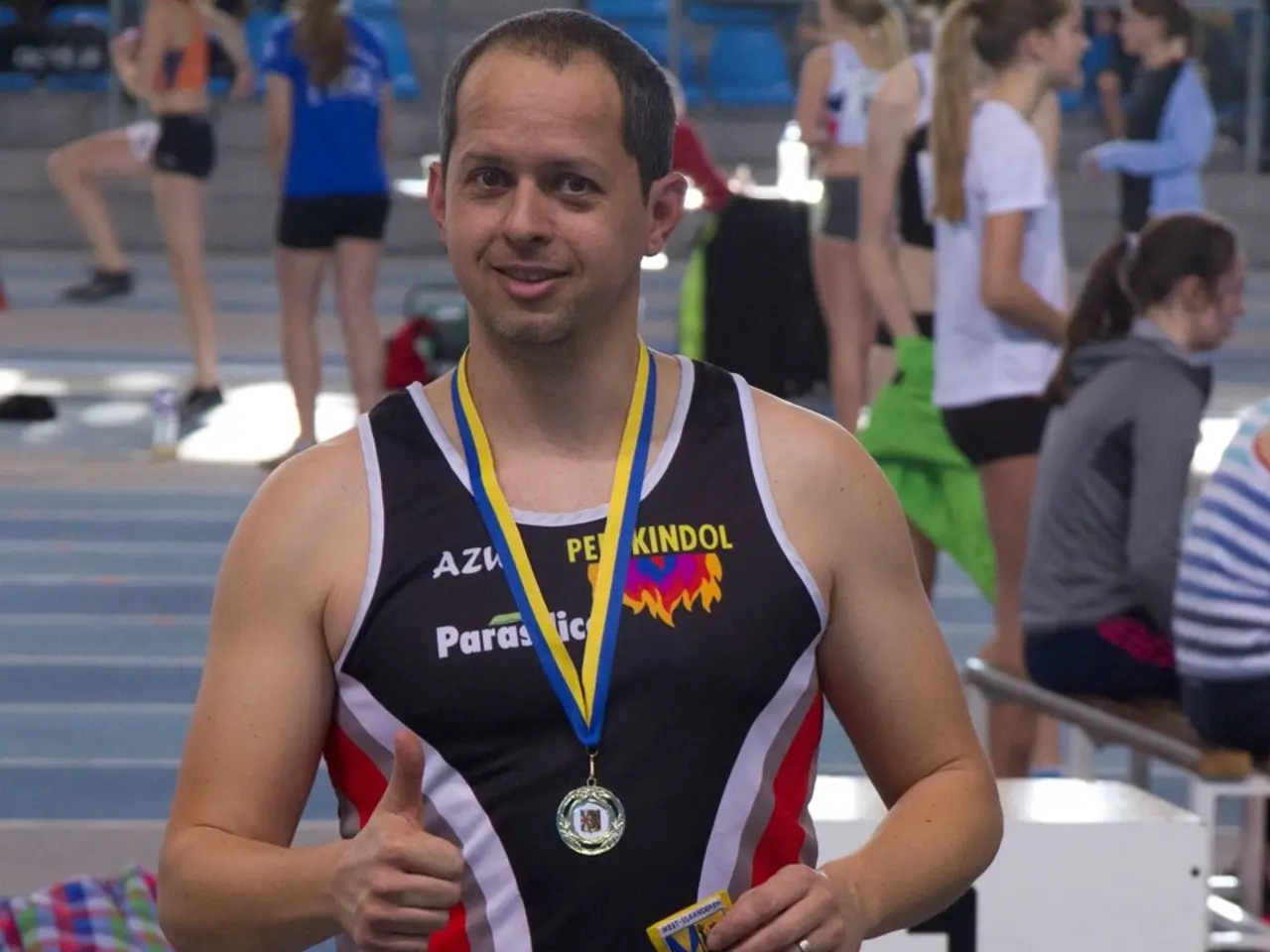British Heart Foundation study hailed as potentially life-saving by former UCI President
In a groundbreaking medical study led by the British Heart Foundation (BHF), it has been revealed that nearly half of veteran male endurance athletes, particularly former competitive cyclists and triathletes, exhibit heart scarring, mainly in the left ventricle. This scarring significantly increases the risk of abnormal heart rhythms, which are linked to a higher chance of sudden cardiac arrest.
One such athlete who participated in this study is Brian Cookson, the former President of UCI and British Cycling. During the research, Cookson experienced an unusual episode of ventricular tachycardia—a dangerously fast heart rhythm—and was diagnosed with significant heart scarring. As a result, he received an implantable cardioverter defibrillator (ICD) to prevent sudden cardiac death.
Cookson, now 74 years old, credits the study with likely saving his life, as it enabled early detection and treatment of his heart condition before it worsened. He has since altered his training to reduce strain on his heart while continuing to cycle for fitness.
The study, funded by the BHF and led by cardiologists at the University of Leeds, aims to help athletes participate in sports more safely by identifying those at risk and encouraging medical evaluation if they experience symptoms such as dizziness, chest pain, or breathlessness.
After the episode, Cookson was advised by researchers to not engage in any strenuous activity and was fitted with an ICD. This device, similar to a smart pacemaker, can intervene if Cookson's heart were to stop during the night, giving him a shock to restart it or adjusting his rhythm for minor irregularities.
During a subsequent track session, Cookson found a small loop recorder, fitted as part of the study, helpful in monitoring his heart rate. Despite considering giving up racing due to his experiences, Cookson plans to continue riding for fun and fitness. He even jokes about setting a goal to break the hour record when he turns 100.
Dr. Peter Swobada, the medic who led the study, stated that the results should not deter people from exercise completely. Instead, athletes should be aware of the potential risks and take necessary precautions, such as monitoring heart rate and backing off if it reaches around 150 to avoid pushing themselves too hard.
The study is investigating the impact of heart scarring on veteran male athletes, and the results should provide valuable insights for both athletes and medical professionals. Cookson advises that if there are any concerns about one's health during exercise, it's important to get it checked out.
The British Heart Foundation study found that almost half of the 106 participants had heart scarring, raising the chance of them having an episode similar to Cookson's. The study's purpose is to help people participate in sport as safely as possible, ensuring that athletes can continue to enjoy the benefits of exercise while minimising the risks.
- Brian Cookson, a former President of UCI and British Cycling, underwent an implantable cardioverter defibrillator (ICD) installation after a study by the British Heart Foundation revealed his heart scarring, attributed to his past as a competitive cyclist and triathlete.
- The health-and-wellness benefits of exercise extend beyond physical fitness; mental-health is also boosted through activity, as Cookson continues to cycle for fun and fitness, despite the sudden cardiac arrest risk associated with his cardiovascular-health issues.
- Personal-finance considerations can impact medical decisions, like whether to opt for the preventive procedure of an ICD, as it helps manage the risks associated with fitness-and-exercise, such as those faced by Cookson.
- In addition to heart conditions like Cookson's, the study also explores sports-betting implications related to athletes' health, as both professional athletes and recreational sports enthusiasts would be interested in maintaining optimal health for peak performance.
- Following the BHF study, advocates like Cookson urge all athletes to seek medical evaluations if they experience related symptoms like dizziness, chest pain, or breathlessness, and to prioritize heart-health monitoring during fitness-and-exercise routines to ensure safe participation in sports.




